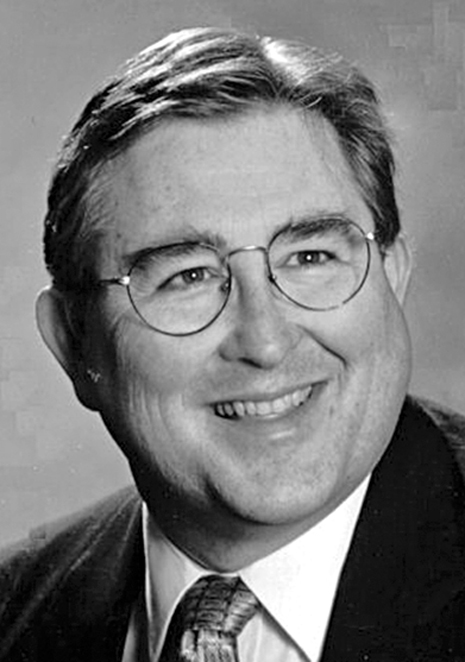By Danny Crownover
You don’t find any old-time village blacksmith shops that used to dot the local landscape. Back in the 1870s and 1880s, Gadsden had several such businesses located close to the county courthouse.
William Christopher operated a blacksmith shop at the southwest corner of Chestnut and Fourth streets. Christopher raised a large family, and several of his sons were blacksmiths, including George Edward, Rufus, Allie and Joe.
Apollo Harris operated a blacksmith shop on South Fourth Street near Walnut. He married Miss Addie Turrentine, the daughter of General D.C. Turrentine, one of the great men of the city’s early days. Apollo moved to Corpus Christi, Texas, in the late 1880s in order to become wealthy.
Christopher and Harris were among the most prominent men of early Gadsden.
There was a Mr. Lewis (the son of Joel Lewis) who was among the first settlers of Gadsden and Etowah County. Joel was Gadsden’s first town marshal, and his family has long been prominently identified with the growth of both the town and the county.
There are a few in the county, according to reports, but these are small, necessarily so since there are no horses and mules to be shod and scarcely any plows to be sharpened.
Tractors and disc plows and other mechanical devices have done away with horsepower on farms and scooters and sweeps are few and far between.
There was a period when farmers set up their own blacksmith shops, but most such places have disappeared. Most old-timers remember when blacksmithing was an important feature of country life.
A favorite smithy was John Gilliland, who was an expert in many ways. He could sharpen plows like nobody’s business and could do anything with iron and steel that any other blacksmith could do.
Gilliland could shape and fit iron shoes on horses and mules to the satisfaction of farmers for miles around and in other counties. Because he was an excellent mechanic, he could cut and shrink wagon tires and repair farm and mill machinery. He made coffins in his adjoining wood shop. It was at his place that folks saw a mule “thrown” so that the animal could be shod.
A gray mule that was gentle enough for all purposes would not stand for its hooves to be trimmed and shoes to be fitted and nailed on. When the animal was brought to the shop, several men were needed to bind its four legs with ropes. After the mule was bound, it was tripped up and shod as it lay on its side.
There was a particularly mean horse in the community that had to be given the same rough treatment. It was later found that a cord tied around the animal’s upper or lower lip and tightened with a stick inserted in the loop was sufficient.
Boys of today do not have the fun of watching old-time smithies operate a bellows. By means of short pulls at the lever (which was the motive power) the smithies could keep a constant stream of air going into the hot coals and knew exactly when the iron on steel had heated to the right temperature. The smithies then could temper metal into the slack water tub after hammering it into the desired shape. Some blacksmiths were real artists in this respect.





